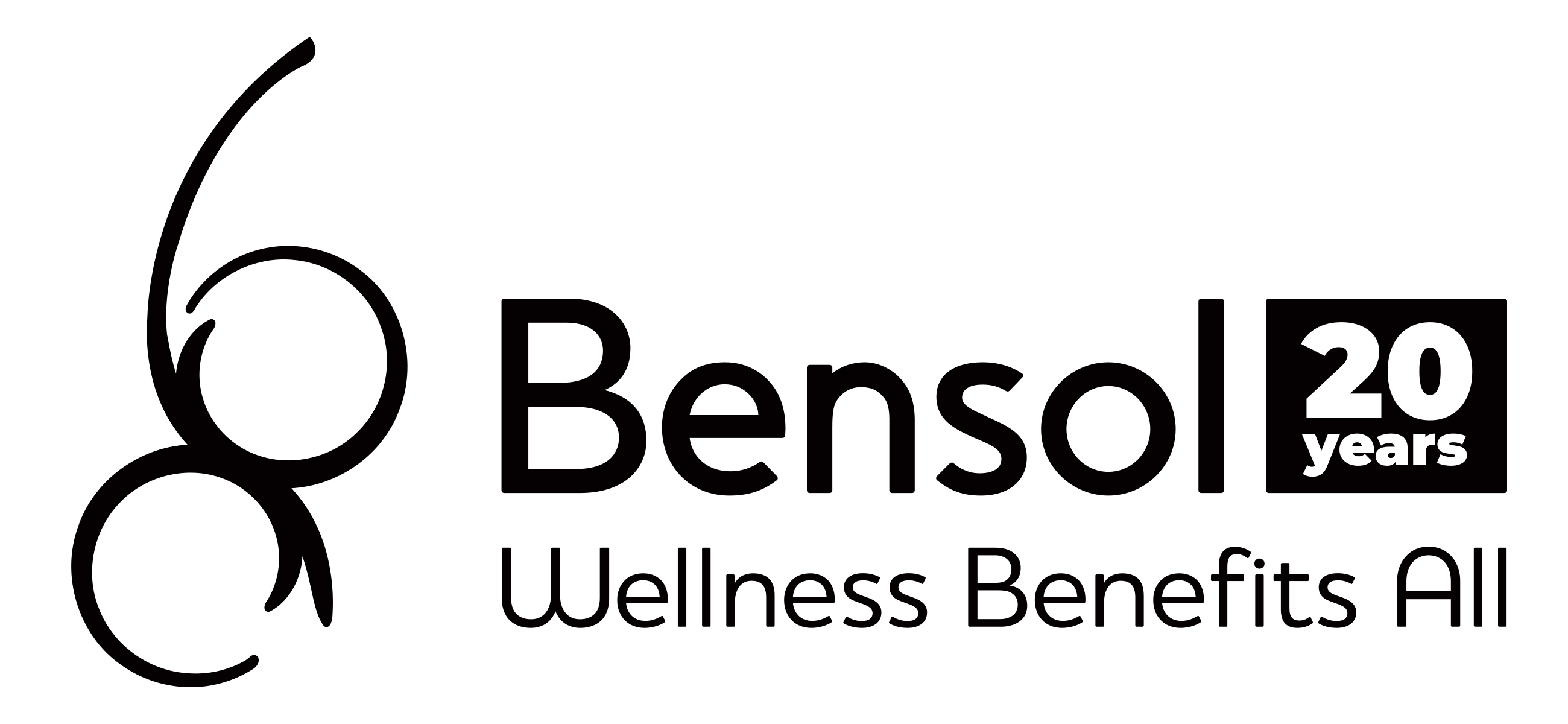Federal Taxation of Group Benefits Premiums
If you provide group benefits to your employees, here’s a question you should be asking: Are employer-paid premiums considered a taxable benefit to the employee?
If you pay for or give an employee a benefit or service above and beyond their salary, Canada Revenue Agency (CRA) will generally require you to include the value of that benefit or service in the employee’s income.
Most, but not all, employer-paid group benefits premiums are considered a taxable benefit to the employee. Here’s how CRA wants you to handle the various premiums.
Health and Dental Plans
The premiums paid by an employer to a private health services plan for employee medical or dental coverage are not taxable to the employee. Do not deduct EI, CPP, or income tax from these benefits when you pay the premiums to an employee.
Life Insurance
Any premiums paid by the employer for employee life insurance, dependent life insurance, optional life insurance, accidental death and dismemberment, or critical illness are considered a taxable benefit to the employee. You must add these premiums to the employee’s income. Deduct income tax and CPP, but not EI.
Disability Benefits
Disability benefits are a unique consideration. Premiums may be taxable or not, depending on how your plan is set up. Many employers make a point of setting up disability benefits so that the employee pays the full premium. This strategy offsets the employer’s cost of providing the program while offering employees the advantage of receiving non-taxable payments in the future if they should become disabled.
Check and Be Sure!
If you need clarification on the taxation of any of these benefits, be sure to speak to your tax advisor or give our office a call at 519-829-2860.
The full list of taxable benefits and allowances available to employees makes for interesting reading. I encourage you to take a moment to review Canada Revenue Agency’s listing at https://www.cra-arc.gc.ca/tx/bsnss/tpcs/pyrll/bnfts/menu-eng.html.

